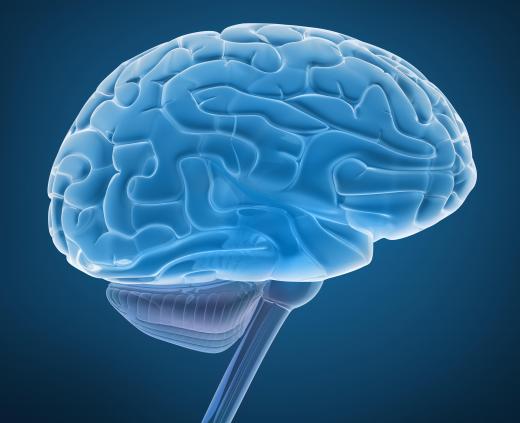What is Cybernetics?
Cybernetics is a little understood and mainly philosophical interdisciplinary field of study. It has been applied to physical and spatial relationships, social theory and computer science, to name just a few of the many areas upon which it touches. Cybernetics is defined as the study of control processes and communication in mechanical, electronic and biological systems. It essentially is the study of how complex systems function through the use of information, feedback and interaction. On an individual level, for example, cybernetics looks at the way that a person can achieve his or her goals by planning and reacting to all of the conditions and stimuli that he or she encounters in the world around him or her — in other words, the information and feedback in the system in which he or she lives.
The term "cybernetics" comes from the Greek word for "governor" or "steersman" and was used in ancient Greece, including by the renowned philosopher Plato in reference to systems of government. The modern use of the word is attributed to Norbert Wiener, a 20th century American engineer and mathematician, who defined it in the 1940s as the science of communication and control in animals and machines. Many other definitions soon emerged and have continued to emerge, which is why cybernetics is widely considered to be a fuzzy theoretical concept. Some experts think of cybernetics as the science of effective organization, and others think that it focuses on form and pattern.

Cybernetic theory has four components: variety, circularity, process and observation. Variety involves all of the possible combinations of input and output in a given system — the conditions that might occur and the possible outcomes, depending on the choices that are made. Circularity refers to self-regulation based on feedback. Process is simply how the system works. Observation involves decision making within the system.

As an interdisciplinary field, cybernetics is used in many areas of science, including mathematics, biology, engineering and psychology. Its most well-known application is computer science, in which it has been used in the development of technology such as artificial intelligence, robotics and simulation. Although the prefix "cyber" has come to be used in reference to computers or, more often, the Internet, cybernetics deals with more than mechanical or electronic systems. Among the non-mechanical systems to which it has been applied are the human brain, the environment, society and economies — basically any system in which feedback is used to make changes in an effort to achieve a desired result.
AS FEATURED ON:
AS FEATURED ON:












Discussion Comments
How do you view tiny implants (and cybernetics) that find their way into the human body without the persons knowledge or informed consent. If interfacing took place with the persons nervous system could this allow for biological robots by wireless technologies, hence a means to enslavement of the person?
@fify-- Hi there! I'm not an expert on cybernetics by any means but I had read a couple of articles on it and recently listened in on a presentation on cybernetics. How they defined it -which was the simplest cybernetics definition I have come across- is that it is the regulation of systems.
Basically in the 1940s, some people in different fields started to feel that the world was getting more and more complicated with so many different systems and complex technologies. They looked back at the days when people could learn about most major fields and keep up with developments rather easily and wished they could make understanding and controlling the current complex systems easier. So basically, the effort (which is usually through a technology of some sort) to learn about and regulate any particular thing is considered to be within the field of cybernetics. This is my understanding of the notion. I hope it is helpful!
What's the easiest way to define cybernetics? Is it the control of the environment through communication or through different tools? I mean why did the founders of this notion feel a need for it? I guess I am not sure where cybernetics aims to reach. Is it only useful for mathematicians, engineers and scientists? Can it be useful for a common individual as well?
I'm writing a paper on cybernetics in terms of systems engineering theory. The main source that I've been using is Norbert Wiener's book titled "Cybernetics: or Control and Communication in the Animal and the Machine". It came out in 1948 but I wanted to understand his notion of cybernetics first because he founded the whole idea and also because he was a mathematician who also worked on aircraft. I also used "The Human Use of Human Beings" by Wiener. I recommend that one over his first book on Cybernetics for those who are not engineers because its much easier to understand.
Post your comments